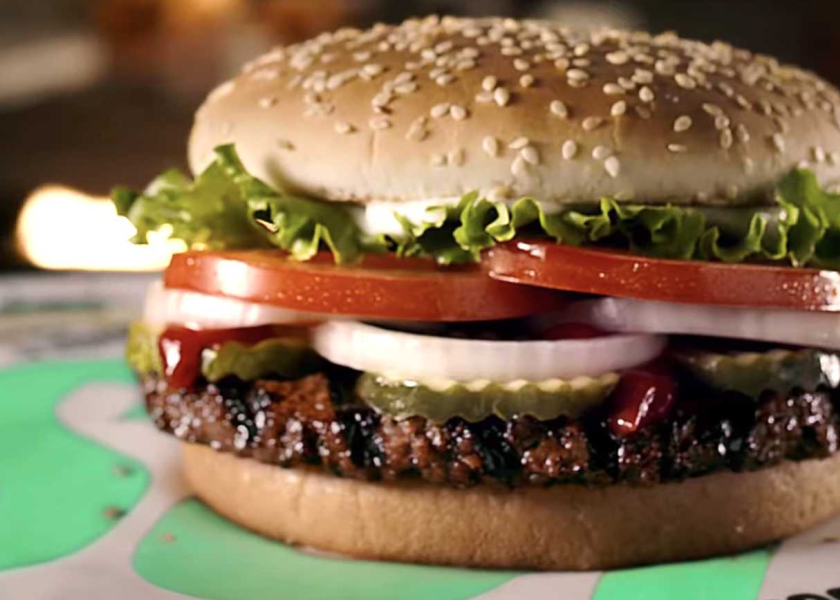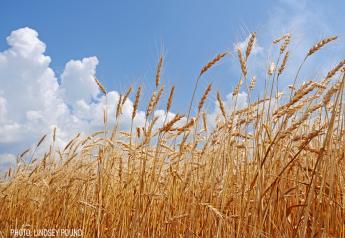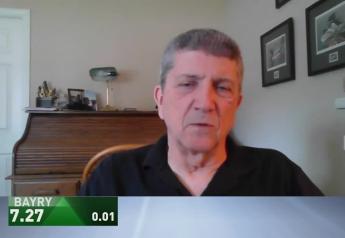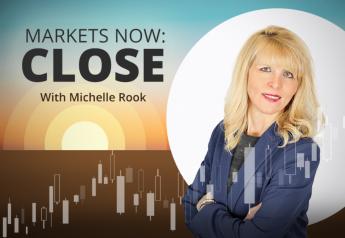Burger King Ditches TV Ad, Asks Leading Extension Scientist For Help

Burger King pushed a lot of animal agriculture’s buttons last week with its new commercial, released July 14, touting the use of lemongrass in cows’ diets to reduce methane emissions by “up to 33%.”
The company’s goal to reduce methane and produce a more eco-friendly Whopper is a positive, acknowledges Frank Mitloehner, University of California-Davis air quality Extension specialist, department of animal science.
The negative: much of the information the fast food giant touted in the advertisement is inaccurate.
Members of the livestock industry and Mitloehner reacted quickly.
“IT'S. NOT. THE. COW. FARTS. Nearly all enteric methane from cattle is from belching,” Mitloehner tweeted, after seeing the commercial. “Suggesting otherwise turns this serious climate topic into a joke. Reducing methane is a HUGE opportunity. That should be a goal. But we shouldn't trivialize it for trendy marketing. #COWSMENU.”
During his conversation with Mitloehner on Tuesday, AgriTalk Host Chip Flory asked him to set the facts straight about the contributions of cattle to the methane issue.
“Beef production in the U.S. contributes 3% of all greenhouse gases,” Mitloehner says.
By comparison, he says fossil fuel use and production contribute 80% of the greenhouse gas to the environment.
“That (includes) transportation, power production use and the cement industry,” he says. “These three sectors have for the longest time been masterful in making people think that it is people’s eating habits that drive the climate (problems), and that is simply not true.”
Furthermore, Mitloehner says he doubts lemongrass, at the level the company will feed it, will have the desired effect. He cites two separate studies that have been conducted. The one by UC Davis was inconclusive. The other one, conducted at the Autonomous University of Mexico, has not been published yet.
“So this whole messaging was very premature,” he says. We don't know yet what (lemongrass) does and how it works. But it's likely that because the active ingredient is not very important that the effects will not be very high.”
Burger King officials contacted Mitloehner after seeing his response to the company’s commercial, saying they were surprised by his reception to their campaign.
“I educated them on the facts, and they made several changes,” Mitloehner says. “They took content out that was demeaning to farmers….and they pulled the content from all TV stations. So, to me, that is very positive and it is indicative that they ‘get it’ – that the mistake was made and that it needs to be corrected.”
The company also asked Mitloehner to work with them, moving forward. “They have asked me to cooperate with them in order to infuse science-based research on the one hand and get communication out -- and check it before it reaches the masses,” he says.
Listen here to get more insights on the story:
Read More:







